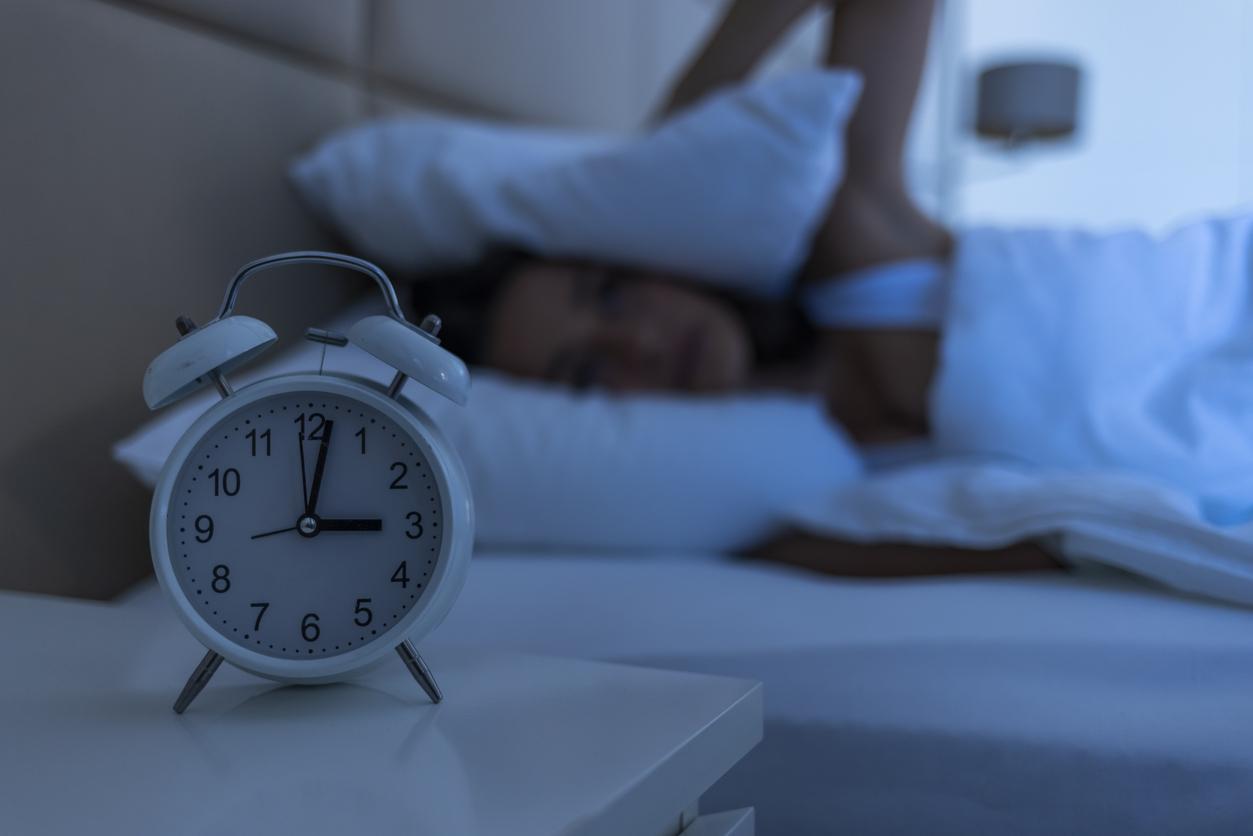The symptoms of schizophrenics worsen when the rhythms of sleep and wakefulness are disturbed.

- Symptoms of schizophrenia become more severe when patients’ resting and waking rhythms are disturbed.
- Schizophrenic patients who sleep between 12 and 15 hours a day also have more symptoms than others.
- And while disrupting sleep/wake cycles is bad for patients’ mental health, too rigid a pace of life is bad too.
About 600,000 people in France suffer from schizophrenia. This psychiatric disorder results in a disturbed perception of reality. Patients present productive manifestations such as delusions or hallucinations, passive elements (social and relational isolation, apathy) or even cognitive difficulties (concentration disorder, disorganization, etc.). Researchers from the University of Pittsburgh, in collaboration with an Italian team, have shown that the symptoms of this complex pathology worsen when the rhythms of rest and wakefulness are disturbed.
A more disrupted wake-rest cycle in schizophrenics
The scientists followed 250 people. Among them, 150 had schizophrenia spectrum disorders: some of the patients were hospitalized in the psychiatric department while the other was on an outpatient basis. The volunteers wore a movement-tracking bracelet, which recorded their activity and rest period day and night. Analyzing the data obtained, the team found that schizophrenics tend to have fewer active hours during the day and spend more time sleeping or being inactive compared to the control group.
Residential patients have more fragmented sleep and steeper transitions between rest and activity compared to the ambulatory group. They also display more rigid rest and daily activity rhythms than patients followed on an outpatient basis. Additionally, these measures are correlated with a greater degree of symptoms, including reduced motivation to interact with others and a diminished ability to experience pleasure.
“Our study shows that 12 to 15 hours of sleep can be harmful, and it is important to avoid over-prescribing sedatives and use the lowest possible dose”explains the main author of the study, the psychiatrist Fabio Ferrarelli in a communicated.
Schizophrenic: a stable sleep cycle… but not too much either
The researchers also found that residential patients have much more stable daily routines. “We tend to think that stable routines are a good thing, but when those routines get too rigid, they can present a problem”, warns the expert. The results, presented in the review Molecular Psychiatryshow, in fact, that excessively rigid daily rhythms are also strongly correlated with more severe symptoms in patients.
“Regulating sleep and wake cycles is important for your overall health, and our findings can also be extended to people without underlying mental health conditions.”assures Professor Fabio Ferrarelli. “Most people can benefit from better sleep hygiene and a daily routine that incorporates activity and variety into their daily lives.”


















